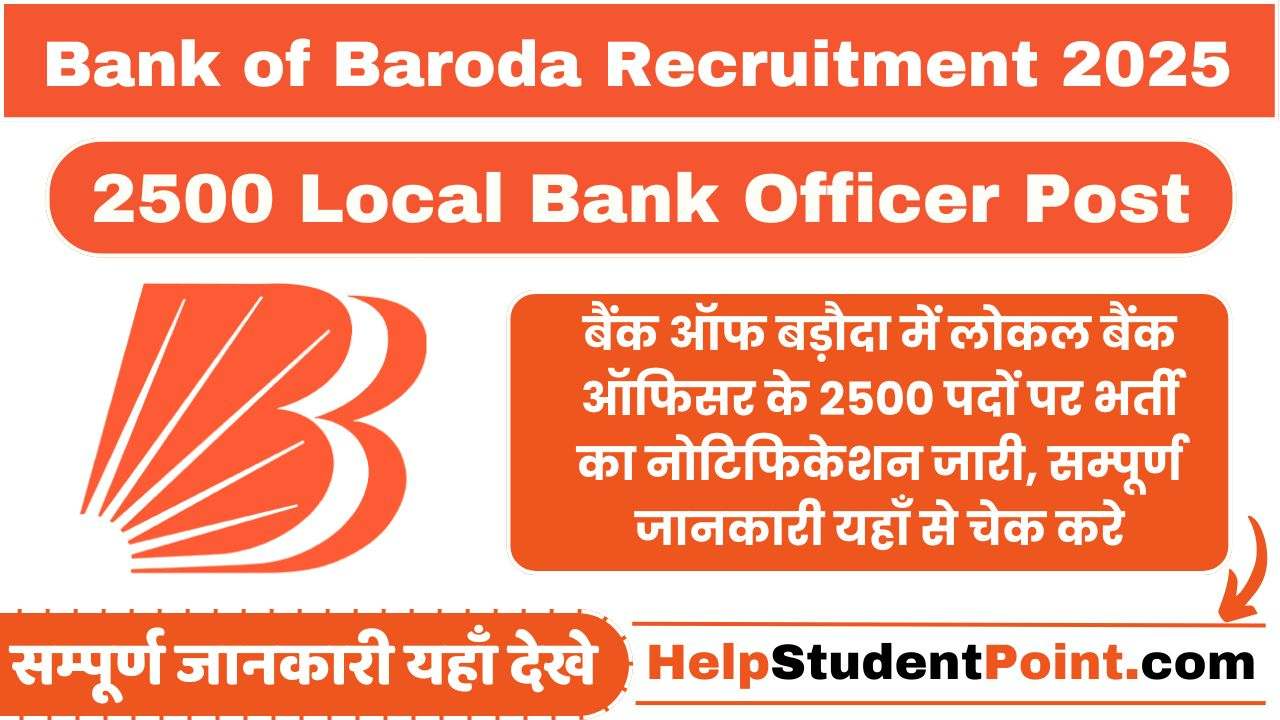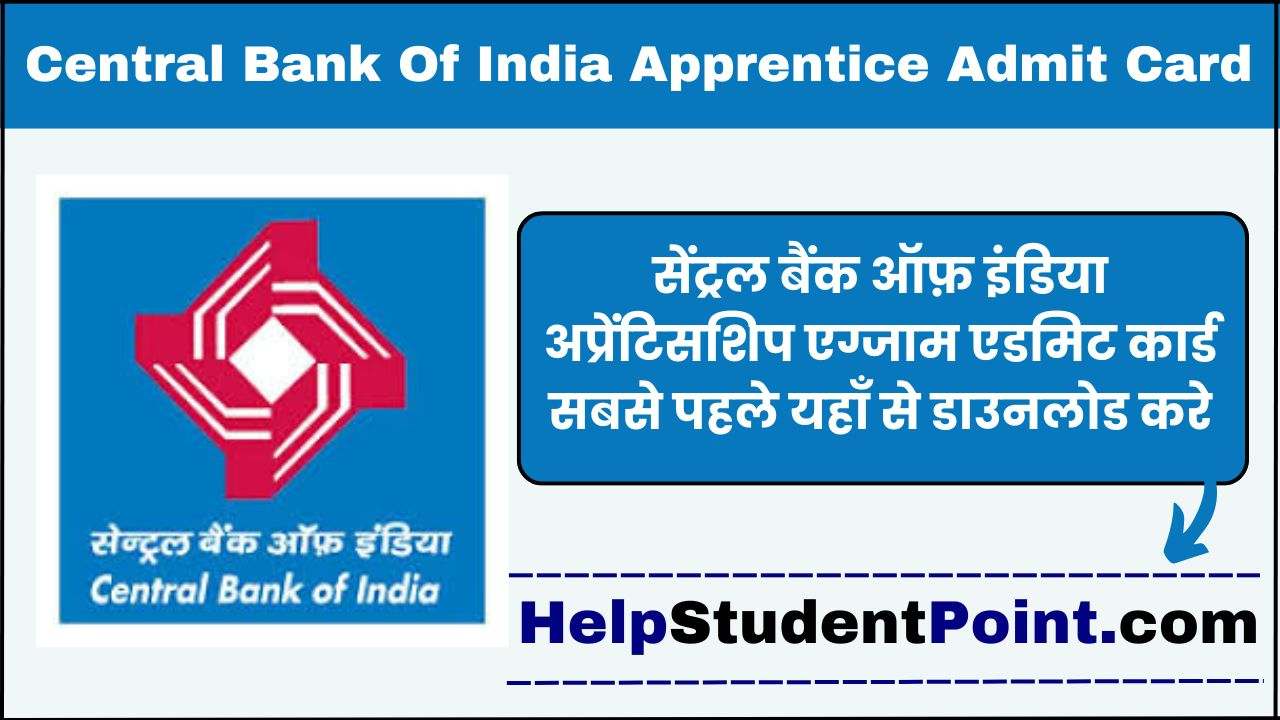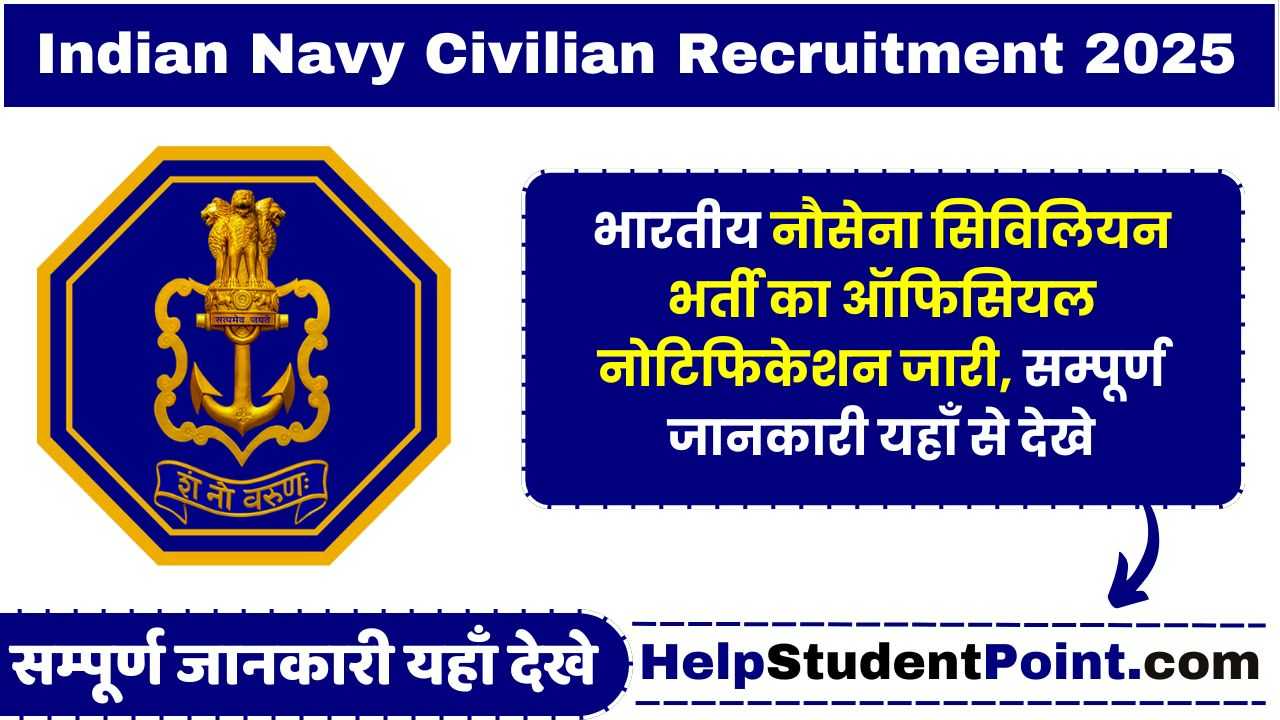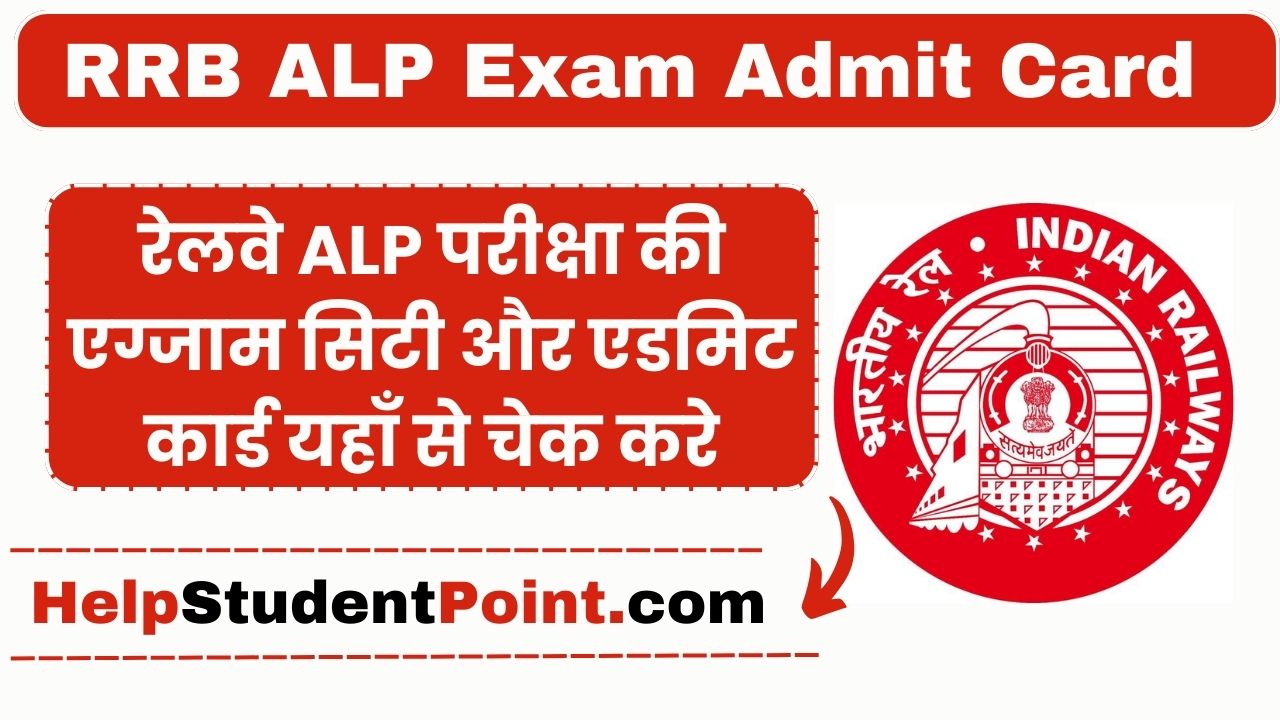RBI Grade B Syllabus & Exam Pattern 2022 RBI Grade B Selection Process 2022, RBI Grade B Preliminary Examination Pattern , RBI Grade B Syllabus for Quantitative Aptitude , RBI Grade B Syllabus for Reasoning Ability , RBI Grade B Syllabus for English Language , RBI Grade B Books for General Awareness , RBI Grade B Syllabus For Mains Exam , RBI Grade B Syllabus for Paper-I – Economic and Social Issues , RBI Grade B Syllabus for Paper-II-English , RBI Grade B Syllabus for Paper-III – Finance and Management , RBI Grade B Phase- iii- Interview
Those aspirants who are focusing to make their career in banking sector, have dreams to work with India’s banking and financial regulator RBI. RBI Grade B Officer is a one of the prestigious and most sought career in India in the field of government job. The reason behind this is the in hand salary, lucrative perks, better future prospects and respect in the family & in the society. Every year larger number of banking aspirants give their best to get the tag of Reserve Bank of India. In order to crack RBI Grade B 2021 Examination, Aspirants need to have complete understanding of the topics covered under the exam. For covering those topics in details, aspirants should have the knowledge of Syllabus.
RBI Grade B Selection Process 2022
- Preliminary Examination
- Mains Examination
- Interview
RBI Grade B Syllabus & Exam Pattern 2022
| RBI Grade B Preliminary Examination Pattern |
| Subject |
Question |
Marks |
Time(minutes) |
| General Awareness |
80 |
80 |
25 |
| English Language |
30 |
30 |
25 |
| Quantitative Aptitude |
30 |
30 |
25 |
| Reasoning |
60 |
60 |
45 |
| Total |
200 |
200 |
120 |
|
RBI Grade B Syllabus for Quantitative Aptitude
|
- Simplification,
- Number series
- Ratio & proportion
- Problems on ages
- Percentage
- Profit & loss
- Simple interest and compound interest,
- Average
- Mixture & allegation
- Inequality( Quadratic equation and quantity based)
- Permutation & combination
- Probability
- Time and work
- Speed-time-distance
- Data sufficiency
- Menstruation
- Data interpretation
|
RBI Grade B Syllabus for Reasoning Ability
|
- Inequality
- Coded inequality
- Syllogism
- Order & Ranking
- Alphanumeric series
- Word Coding
- Sentence coding
- Blood relation
- Coded blood relation
- Pointing problems based on blood relation
- Seating arrangement
- Puzzle
- Distance and direction with shadow concept
- Input-output
- Data sufficiency
- Logical reasoning
|
| Also Read |
| RBI Grade B Previous Question Paper |
| RBI Grade B Best Books |
| RBI Grade B Exam 2022 |
| RBI Grade B Salary In Hand |
| Official Website |
RBI Grade B Syllabus for English Language
|
- Error Spotting
- Paragraph Completion
- Vocabulary
- Fill in the blanks
- Para jumbles
- Cloze Test
- Reading Comprehension
- Words swap
- words replacement
- Miscellaneous
|
| RBI Grade B Syllabus for General Awareness |
- Banking and Financial Awareness
- Static Awareness
- General Knowledge
- Current Affairs (Last six months )
|
RBI Grade B Syllabus For Mains Exam
| Name of the test |
Type of Paper |
Maximum Marks |
Time (Minutes) |
Paper-I:
Economic and
Social Issues |
50% Objective Type
50% Descriptive, answers to be
typed with the help of the
keyboard |
50
50
Total-100 |
30
90
Total-120 |
Paper II:
English (Writing
Skills) |
Descriptive, answers to be typed
with the help of the keyboard |
100 |
90 |
Paper-III:
Finance and
Management |
50% Objective Type and 50%
Descriptive, answers to be typed
with the help of the keyboard |
50
50
Total-100 |
30
90
Total-120 |
|
| RBI Grade B Syllabus for Paper-I – Economic and Social Issues (ESI) |
- Growth and Development – Measurement of growth: National Income and per capita income –
Poverty Alleviation and Employment Generation in India – Sustainable Development and
Environmental issues.
- Indian Economy – Economic History of India – Changes in Industrial and Labour Policy, Monetary
and Fiscal Policy since reforms of 1991 – Priorities and recommendations of Economic Survey.
Union Budget – Indian Money and Financial Markets: Linkages with the economy – Role of
Indian banks and Reserve Bank in the development process – Public Finance – Political Economy
– Industrial Developments in India- Indian Agriculture – Services sector in India
- Globalization – Opening up of the Indian Economy – Balance of Payments, Export-Import Policy
– International Economic Institutions – IMF and World Bank – WTO – Regional Economic Cooperation; International Economic Issues
- Social Structure in India – Multiculturalism – Demographic Trends – Urbanisation and Migration –
Gender Issues – Social Justice: Positive Discrimination in favour of the under privileged – Social
Movements – Indian Political System – Human Development – Social Sectors in India, Health and
Education.
|
| RBI Grade B Syllabus for Paper-II-English (Writing Skills) |
The paper on English shall be framed in a manner to assess the writing skills including expression and
understanding of the topic |
| RBI Grade B Syllabus for Paper-III – Finance and Management |
Financial System
- Regulators of Banks and Financial Institutions
- Reserve Bank of India- functions and conduct of monetary policy
- Banking System in India – Structure and concerns, Financial Institutions – SIDBI, EXIM Bank,
NABARD, NHB, etc, Changing landscape of banking sector.
- Impact of the Global Financial Crisis of 2007-08 and the Indian response
Financial Markets
Primary and Secondary Markets (Forex, Money, Bond, Equity, etc.), functions, instruments, recent
developments.
General Topics
- Risk Management in Banking Sector
- Basics of Derivatives
- Global financial markets and International Banking – broad trends and latest developments.
- Financial Inclusion
- Alternate source of finance, private and social cost-benefit, Public-Private Partnership
- Corporate Governance in Banking Sector, role of e-governance in addressing issues of corruption
and inefficiency in the government sector.
- The Union Budget – Concepts, approach and broad trends
- Inflation: Definition, trends, estimates, consequences, and remedies (control): WPI, CPI –
components and trends; striking a balance between inflation and growth through monetary and fiscal
policies.
- FinTech
Management
- Fundamentals of Management & Organizational Behaviour: Introduction to management;Evolution of management thought: Scientific, Administrative, Human Relations and Systems approach to management; Management functions and Managerial roles; Nudge theory
- Meaning & concept of organizational behaviour; Personality: meaning, factors affecting personality, Big five model of personality; concept of reinforcement; Perception: concept, perceptual errors. Motivation: Concept, importance, Content theories (Maslow’s need theory, Alderfers’ ERG theory, McCllelands’ theory of needs, Herzberg’s two factor theory) & Process theories (Adams equity theory, Vrooms expectancy theory).
- Leadership: Concept, Theories (Trait, Behavioural, Contingency, Charismatic, Transactional and Transformational Leadership; Emotional Intelligence: Concept, Importance, Dimensions. Analysis of Interpersonal Relationship: Transactional Analysis, Johari Window; Conflict: Concept, Sources,Types, Management of Conflict; Organizational Change: Concept, Kurt Lewin Theory of Change; Organizational Development (OD): Organisational Change, Strategies for Change, Theories of Planned Change (Lewin’s change model, Action research model, Positive model)
- Ethics at the Workplace and Corporate Governance:Meaning of ethics, why ethical problems occur in business. Theories of ethics: Utilitarianism: weighing social cost and benefits, Rights and duties, Justice and fairness, ethics of care, integrating utility, rights, justice and caring. An alternative to moral principles: virtue ethics, teleological theories, egoism theory, relativism theory, Moral issues in business: Ethics in Compliance, Finance, Human Resources, Marketing, etc. Ethical Principles in Business: introduction, Organization Structure and Ethics, Role of Board of Directors, Best Practices in Ethics Programme, Code of Ethics, Code of
Conduct, etc.
- Corporate Governance: Factors affecting Corporate Governance; Mechanisms of Corporate Governance
- Communication: Steps in the Communication Process; Communication Channels; Oral versus
Written Communication; Verbal versus non-verbal Communication; upward, downward and lateral
communication; Barriers to Communication, Role of Information Technology
RBI Grade B Phase- iii- Interview
- Candidates will be shortlisted for the interview, based on aggregate of marks obtained in Phase-II (Paper-I +Paper-II +Paper-III).
- The minimum aggregate cut off marks for being shortlisted for Interview will be decided by the Board in relation to the number of vacancies.
- Roll No. of the candidates shortlisted for interview will be published on RBI website at appropriate time and interview call letters will be sent on registered email ID.
- Interview will be of 75 marks. Candidate shall be required to undergo Psychometric Test conducted by the Bank before appearing for the Interview. No marks will be allotted for the same and this will not form part of the final selection criteria.
- Candidate may opt for interview either in Hindi or English. Final Selection will be through merit list which will be prepared by adding marks secured by candidates in Phase II examination and interview and grace marks as applicable as per extant rules.
|
The Reserve Bank of India (RBI) is India’s central bank and regulatory body under the jurisdiction of Ministry of Finance, Government of India. RBI is a regulator of India’s banking and financial system and also responsible for India’s growth and price stability in country. RBI also responsible of printing of currency and its circulation. Life with RBI is not just another career. It’s a commitment. Commitment to serve the Nation, where your decisions make an impact on the way the economy and the financial sector in the country evolves. The headquarter of RBI located at Mumbai.
Frequently Asked Questions (FAQs) On RBI Grade B Syllabus & Exam Pattern 2022
Question- Is the RBI Grade B exam level akin to SBI or IBPS PO exam?
Answer- The level of RBI Grade B prelims exam is akin to SBI or IBPS mains exam. The level of mains exam akin to UPSC.
Question- Is the RBI Grade B objective or subjective exam?
Answer- The prelims exam is objective exam. The mains exam is combination of objective and subjective.
Question- How many phases are there to clear RBI Grade B exam?
Answer- There are three phases to clear this prestigious exam. (i) Preliminary Examination (ii) Mains Examination (iii) Interview
Question- How many subjects are asked in the examination?
Answer- There are four subjects for preliminary examination. (i) English Language (ii) Reasoning ability (iii) Quantitative Aptitude (iv) General Awareness/Banking & Financial awareness/Economics Awareness.
There are three subjects in Mains Examination (i) Economics & Social Issue (ii) English descriptive (iii) Finance & Management





